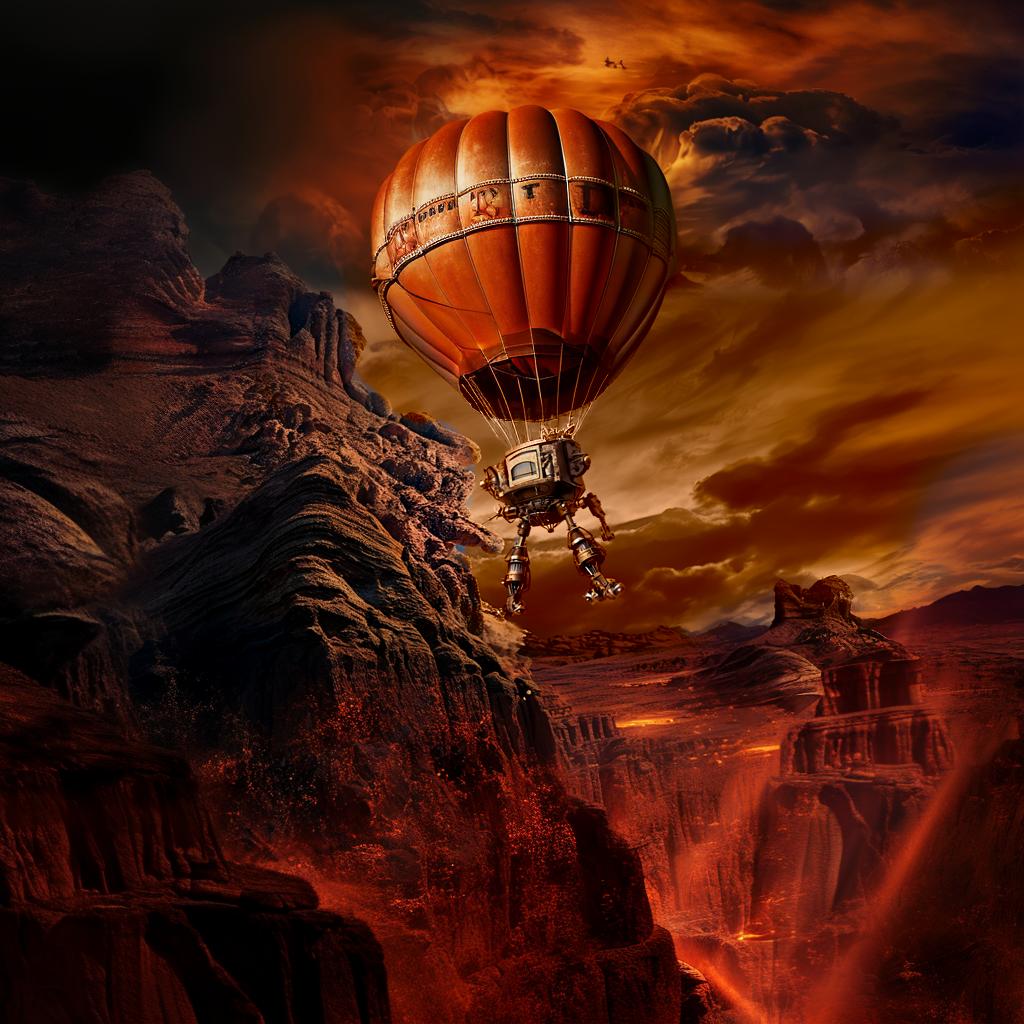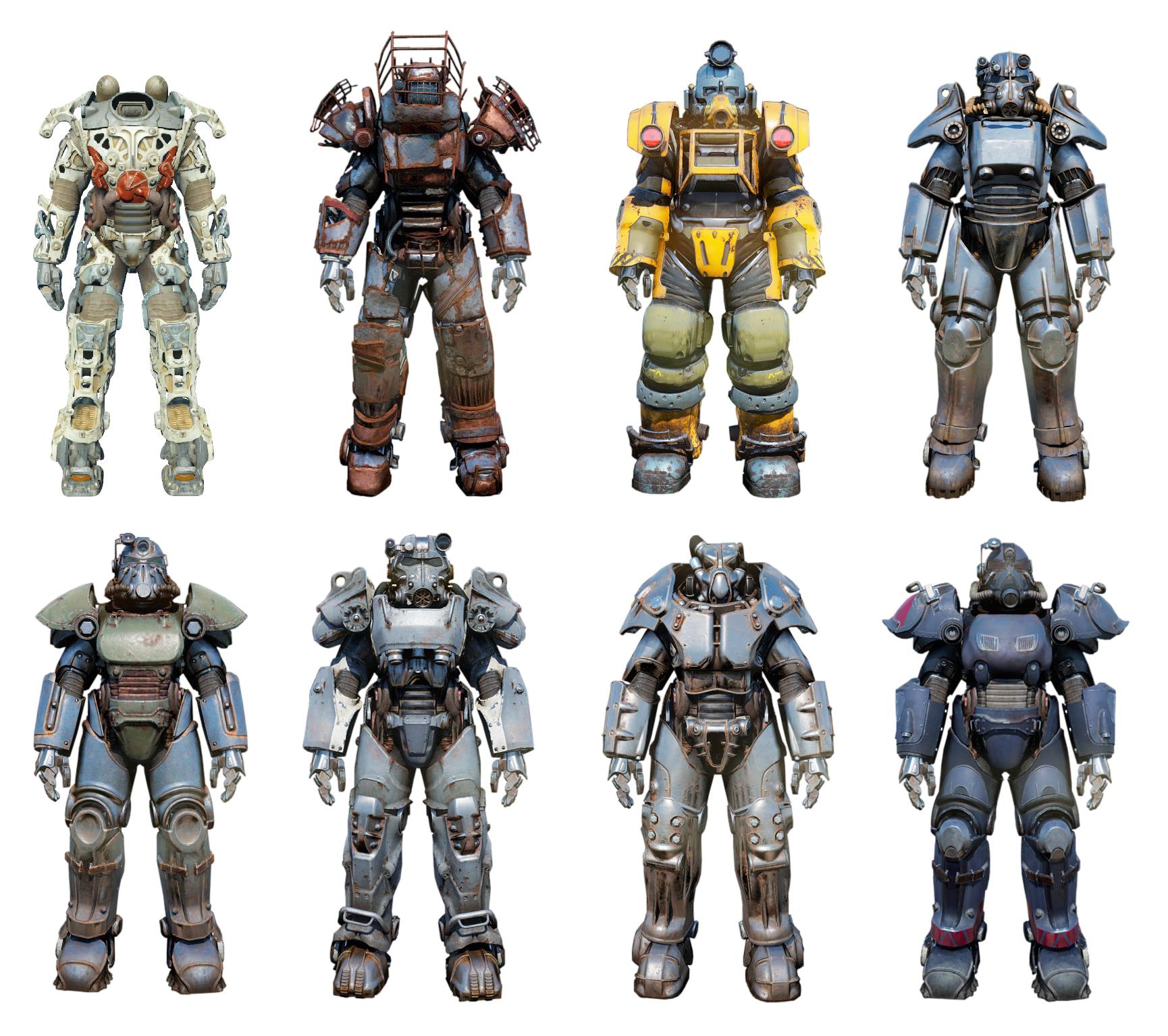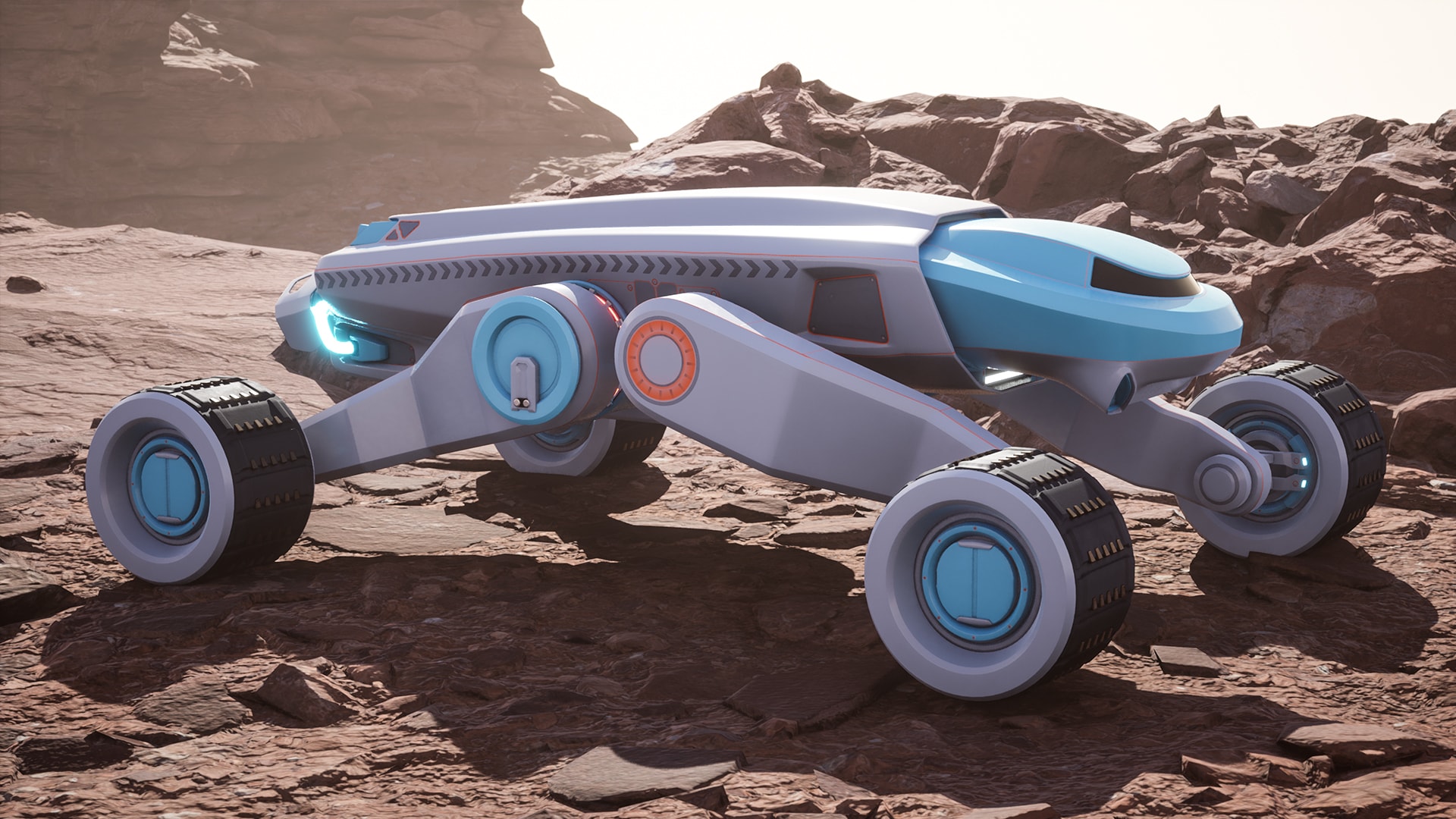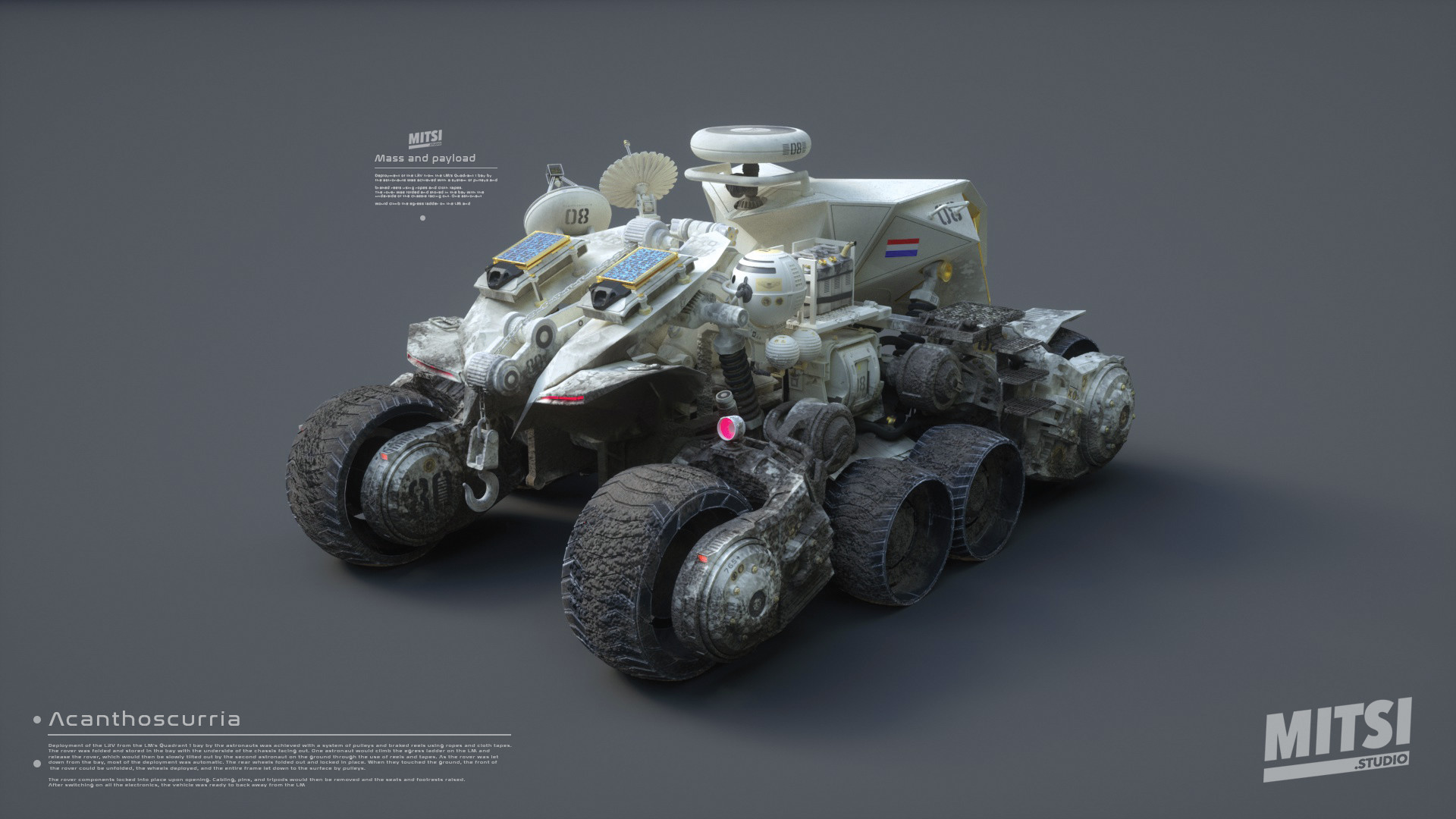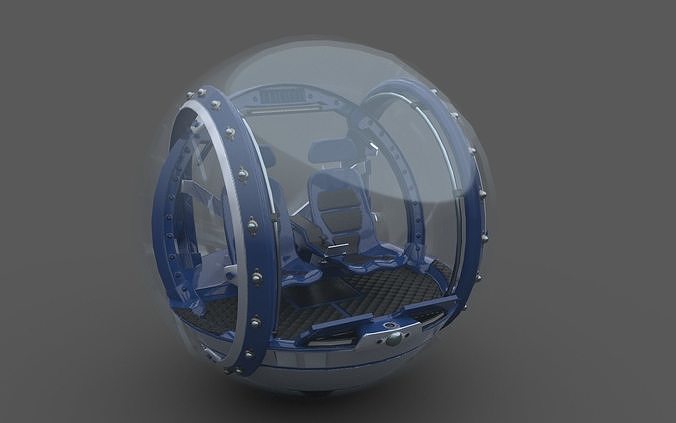My world has 18th century society norms with steampunk tech. I have added a scene from the story to the end of this question, just fill in the blank. Some characters become impressed into service with pirates and taken to their isolated remote stronghold. This is an alien world with a hostile atmosphere which is navigated exclusively by airship. The planet has no free oxygen so there is no powered heavier-than-air flight. Likewise, heat engines do not use combustion, they use chemical heat reaction for power. So they use fuel tanks.
The planet is dead so the only activities outside of a city would be either transportation, energy generation, heavy construction, or resource mining.
The enclave likewise has to do some degree of industry, they can’t live as complete parasites. 18th century pirates could at least fish and grow livestock after all.
Details of how the society actually works or uses resources are not part of the story, so I can’t state what gasses, ores, or compounds they utilize - whatever makes the story work. But industry obviously happens, and my character escapes this allegedly inescapable hideout by slightly modifying some apparatus or machine which permits them to bust out and escape into the wilderness (not without danger nor into the safety of a city, mind you).
In my mind I am thinking of how Ridley used the walking lift to battle the alien queen in Aliens. Having a walking cargo lift in the world allowed Ridley to fight that epic battle. Well, I have an epic escape scene with one character crashing through a wall and running/flying “out of the pot and into the fire,” into the hostile atmosphere of a dead planet.
Given that the world has no real specific resource vital to the plot, the spectrum of contraptions should be wide enough to find an escape vehicle.
The tech level is 19th century steampunk. There are no computers, no RADAR tech, no spacecraft, and no transportation infrastructure (at the location of the escape at least)
Specs for the vehicle:
Has or can be easily configured with airtight “cabin” of minimal accommodation.
Already designed to work in the outside environment.
Is not ridiculously slow (or can be readily modified to be quick or nimble)
It’s a tool or equipment that pirates logically would have stolen/acquired for their own use (rather than for hawk - items with trade value trade are more protected and harder to explain how he accessed it)
In the scene he will weaken the wall before breaking out. Either with charges or a fire. So the machine doesn’t need to be a battering ram.
He will almost certainly make the escape by improvised flight, which means he will be hanging from some spare ballonnets and using something for directional motion. Probably won’t have time to rig control surfaces and none need to be in the donor vehicle. Just brute force propulsion.
If flight, then Elevation control will be stolen from a prize vessel in their yard. He’ll have some levers in the cab to actuate some ducts.
Walking equipment seems the most probable donor, but the legs may get sacrificed or repurposed.
Aside from mining, outside activities include wind harvesting, stone cutting, and ship handling (known as yellow gear today). Various equipment or vehicles are likely associated with those operations; again - likely no wheels.
Weight is the enemy. Something logically lightweight or easily lightened.
While I think stealing the Captain’s prized yacht would make a spectacular story, it’s not the way my story goes. That’s why I want this piece of industrial junk to beat the odds and show off my character’s ingenuity. Sort of like the sparring robot turned champion in Real Steel
NOTE: My story is not about the vehicle; it’s about the character and his ingenuity. This is a disposable prop in the world, like Anakin Skywalker’s racing pod.
The stronghold itself is the same one referenced here.
A Scene from the story:
I am miles into the deadlands in a stolen __________, and my chamber is leaking. I do not know how much longer my coolant can do combat with the hellish air outside this hull of metal, pervading insidiously upon my cockpit. How long I might maintain vitality systems is unknown and unknowable in my claustrophobic dark prison, having only the tangerine glow of the Geissler tubes to give any purpose to my eyes or comprehension to my pen. But a sense of urgency has failed to conquer me yet. This oblivion has rendered me absolutely feckless. I am fully under its enchantment: Not knowing if such a serenity as this might ever again come to my ears, is perhaps even more fearful than the certainty of death that approaches. I also put down the lamps, to gather whatever I may of what lay beyond my small window. I stand in complete harmony with my world—and—that is precisely it, is it not? It was my world, after all. Who else would take claim of it? What use is it to entertain a botheration when in the entertainment of it I could make no purchase of another day; another hour; another minute, unto my end? It is no longer utter blackness, with my lamp now low; but—in fact; beautiful. It is nothing if it is not a poetic end that blesses mine eyes, and I feel it a sin to not share it.
Beyond the ochre-green swelling hills of the badland rose the mighty slopes of craggy basalt spires up to the lofty steeps of the Carpathians themselves. I know this now; what was unknowable only yesterday in my uncharted captivity—that these are without question the mightiest range in known lands. I do sit as an ant at the feet of the Carpathians. Before me they towered in a glow from tangerine riverlets dividing the forevermore darkened sky into shifting vaporous continents, ranges, and islands, hanging impossibly above me in the heavens, eternally shifting into a new and wondrous map whose only purpose is to be forgotten and redrawn again. The bath of luminous mists pressed full upon the mountains, brings to a boil the hypnotic spectrum of this beautiful range lying stalwart in the serene, hellishly scalding æther; uncaring as am I of what is to come. Unaffected as am I by what has passed before. Uninvested as am I, also, in what considerations our cities have for them to-day. Deep blue streaks of covellite gravel like an otherworldly blood glitter as they cascade down the tanned piles of scree. It is as if angels—fallen or not, I could not say—slashed open the maroon veins of cuprite fingering their way from out of the shadows of the angled basal peaks, leaving wounds gushing with the precious ore. The azure metal is in fact the blood of our electrical society. Wires of covelite can coolly pass enormous currents to our devices, and it is so common that I had never before stopped to consider its natural beauty. More so is the beauty to-day as this region has not been mined. Surely it will be, in time. An army of machines like the one I bring here now will bear down on them. Will siphon from them the hill-blood ‘till man’s ravenous appetite abates. Wildcatters will plunge their enormous drills into these hills and steal away with their very essence.
“Don’t worry. I’m not here for your blood.” Well! Did I just talk to a mountain? “To-day, and now, my fellow. We are one man and one mountain, beyond the reach of the city’s ore contracts, its land claims, and its prospectors. We are far and away all alone. To-day, I talk to mountains. And –God. It is good.

